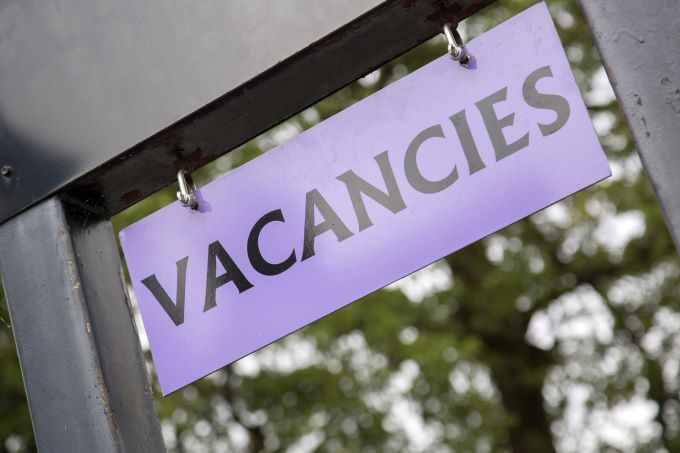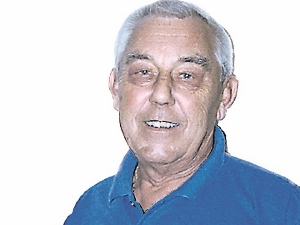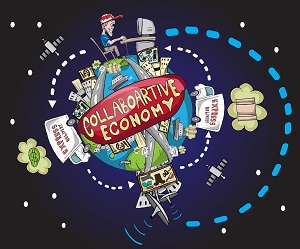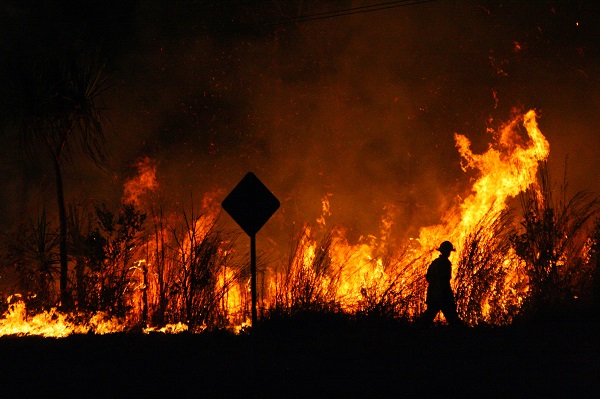
“Never faced a tougher time”: PM touts stimulus as accom warns of imminent closures
Scott Morrison has promised an economic stimulus package within weeks to counter the effects of coronavirus ravaging the Australian accom sector.
The prime minister said details of the package are still to be completed but the government is working to “address the boost that we believe will be necessary”.
The move comes as tourism leaders have warned hotels will go under if the coronavirus outbreak continues to severely restrict visitor numbers.
Tourism Australia managing director Phillipa Harrison told the 2020 Visitor Economy Forum on Tuesday that international bookings have plummeted by 30 percent over the past 11 weeks.
“We don’t know there’s going to be any resolution any time soon,” Harrison warned of the coronavirus threat. “We are dealing with something that we just don’t know where it’s going to end.”
While the recent bushfires cost Australia some $6.5 billion in negative global media coverage and lost international visitation, Harrison warns the coronavirus impact will be far greater.
“This one isn’t about brand Australia, this one is about the downturn in travel globally,” she said.
[pro_ad_display_adzone id=”44555″ align=”left” padding=”10″]Tourism Accommodation Australia chief executive Michael Johnson agrees the industry is “in a hole” without knowing exactly how deep that hole is.“I would say there’s certainly hotels and properties in locations that are suffering that may find themselves [facing closure] because the funds just aren’t available,” he said.
“Cashflow is king. There are hotels in bushfire-affected areas that have been losing money for four months in a row.”
Accommodation Association chief Dean Long told AccomNews: “It is important that the Australian market recognises that now is the time to support the visitor economy which provides over 666,000 jobs, 5.2 percent of the Australian workforce.
“The support by both consumers and businesses will be vital in ensuring sustainable employment and operations in the short to medium term.”
Operators in Queensland’s Far North and on the Gold Coast are advertising rooms at half the normal rate this week and hotels across Australia’s maor cities are offering significant markdowns on room rates in the struggle to attract customers.
Cairns, particularly reliant on Asian tourists visiting the Great Barrier Reef, faces losses totalling $100m by the end of March, with some 1,800 local jobs under threat.
Chief executive of Tropical North Queensland Tourism, Mark Olsen, told The Guardian the local industry had “never faced a tougher time”.
“There will be long-term effects. Even coming in to 2020 … we’ve seen a significant reduction in our air-seat capacity [and] the bushfire crisis driving down visitation from long-haul markets.”
On the Gold Coast, hotel occupancy rates have so far held up as major events such as the recent Queen concert have helped offset the drop in its biggest international tourism market.
But local China-reliant business owners, such as Melbas on the Park restaurant manager Suzanne Ng, say they are losing $10,000 a week as the crisis continues.
“We have to put in our personal assets to try and sustain this business,” she told the ABC. “It can’t go any lower than this.”
Destination Gold Coast has described coronavirus as the biggest crisis the local tourism industry has faced, costing the city about $500 million so far.
“While international visitors comprise only 8 percent of visitors, their contribution to the economy of $6 billion, is around 25 percent,” said Destination Gold Coast CEO Annaliese Battista. “They are big spenders.”
The Gold Coast faces another potential tourism threat. Some 92 percent of its visitors are domestic, and as the city continues to feature heavily in national media reporting of outbreaks of the disease, there are fears that domestic visitation could be affected.
Elsewhere, while international visitor numbers continue to tumble, it seems Australia’s domestic tourism push is beginning to see results.
Phillipa Harrison says there has been a slight upturn in the domestic market, and operators are beginning to report an increase in the number of Aussies making bookings.
Gippsland operator Kim Kleinitz told The Age her two guesthouses lost $35,000 in the month after the horror summer bushfires as cancellations flooded in.
She said she has since recouped around 40 percent of her bookings from domestic travellers influenced by Australia’s ‘holiday here this year’ message.
Michael Johnson says domestic tourism will be vital to keeping businesses afloat over the coming months.
“There is some fairly good discounting going on. Domestic travel is what will effectively get us through this crisis,” he said.
“These hotels really do need Australians to support them.”

AccomNews is not affiliated with any government agency, body or political party. We are an independently owned, family-operated magazine.







